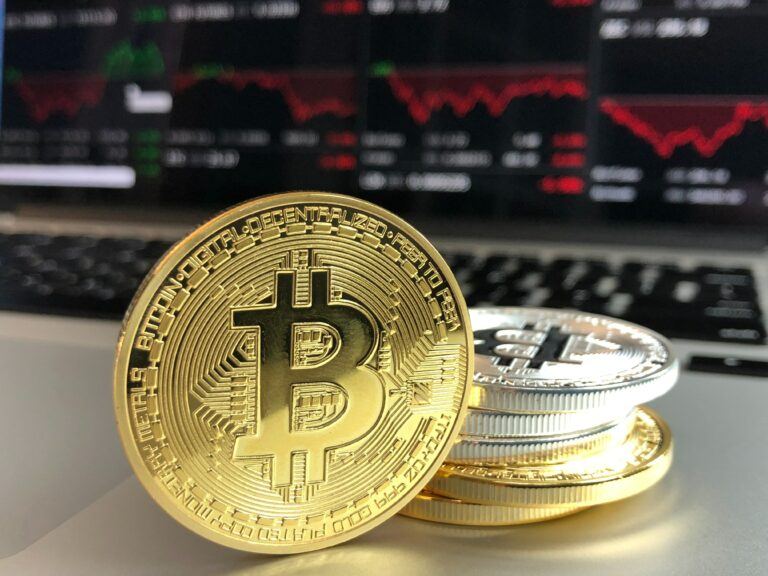Earlier this month, digital asset exchange Binance was hacked for little over 7,000 bitcoins, worth over $40 million. To stop the hackers from getting away with the stolen BTC, an attempt to rollback the Bitcoin blockchain was considered. Lets take a look at why the consideration caused such controversey.
The CEO of Binance Changpeng Zhao (CZ) revealed that after speaking to various parties, he decided not to pursue the re-org approach to get “revenge” on the hacker(s) that managed to steal funds from the exchange.
The hack involved a single transaction that moved approximately 7,074 BTC out of Binance’s hot wallet. While CZ believed rolling back the Bitcoin blockchain was possible, he admitted it wouldn’t be worth it to do so, even for the $40 million that were stolen.
The re-org would see miners essentially collude to create an alternate continuation of the blockchain rooting from before the block that contained the hackers’ transaction. This alternate continuation would need to grow faster than the current one to have more proof-of-work and see all Bitcoin clients re-org to it, accepting it as valid. The $40 million worth of Bitcoin would be paid out to miners if recovered, like a bounty.
In its list of pros for doing this, CZ noted it could deter future hacking attempts, and look into how the Bitcoin network would deal with such a situation. The result would likely be the end of it, as it would destroy the cryptocurrency’s immutability, and affect users’ confidence in it.
1/Even if a friendly blockchain reorg was possible to specifically target the stolen funds it would absolutely set a terrible precedent in #bitcoin. The perception of immutability and digital gold would be lost entirely.
— Vortex (@theonevortex) May 8, 2019
Currently, bitcoin is seen as a store-of-value and a form of digital gold. Using the cryptocurrency, whales can move millions of dollars for extremely small amounts in fees, making BTC a superior form of gold that’s also useful for remittances and everyday transitions.
But what if miners were to form a cartel to pull a 51% attack on the Bitcoin blockchain to reverse transactions, for whatever reason? This is essentially what was at stake if CZ decided to rollback the blockchain, and would almost certainly damage Bitcoin’s reputation. Who would want to move millions using BTC if the blockchain wasn’t immutable?
As Nic Carter, a partner at investment firm Castle Island Ventures in Boston, put it through a Telegram message, Bitcoin’s value proposition relies on miners not colluding, as if they do so they could “selectively censor, invalidate, or otherwise interfere with transactions.” He added:
More to the point if this kind of behavior becomes mainstream — deep reorgs to reverse valid transactions — then Bitcoins settlement assurances are impaired. People will lose confidence in Bitcoin’s ability to settle large transactions.
The Ethereum Precedent
Those who have been in the crypto space for a while know that blockchain transactions have been reversed in the past. When the DAO software on Ethereum saw a hacker take about 3.6 million ether– at the time worth about $70 million – from it, the Ethereum blockchain underwent a hard fork to recover the hacked funds.
At the time, the Ethereum blockchain was quite young, and even then the move was controversial. Some saw the hack as an unethical, but valid move, and opposed recovering the funds. This saw the network split, with some remaining on the original blockchain, now known as Ethereum Classic (ETC) and supporters of ETC pride the chains intact immutability.
Since then, various Bitcoin supporters have stayed away from Ethereum altogether. Commenting on the recent proposal to rollback the Bitcoin blockchain Vitalik Buterin, an Ethereum co-founder, noted rolling back the chain wasn’t even considered.
Ethereum did a surgical irregular state change. We never even considered actually rolling back the chain to undo the hack; the collateral damage from that (reverting a day of *everyone's* transactions) would have been huge and possibly fatal.
— Vitalik Non-giver of Ether (@VitalikButerin) May 8, 2019
As the billionaire founder of Galaxy Digital Michael Novogratz stated, bitcoin is now seen as a legitimate store of wealth, and has a market cap of over $100 billion. Affecting its immutability and reputation could see its value plunge.
Some believe CZ decided against the rollback because he wouldn’t be able to pull it off. Miners on the Bitcoin blockchain are aware that if they were to form a cartel to interfere with transactions, the value of BTC would likely plummet.
A reorg to recover exchange losses is like a bail-out for a bank mismanaging risk.
Fortunately, it's so hard to pull off and so likely to fail that unlike banks, there won't be a bailout here.
Those who fail security get to eat the cost. #NotYourKeysNotYourCoins
— Andreas M. Antonopoulos (@aantonop) May 8, 2019
This would mean the 7,000 BTC they would get paid would be worth a lot less than $40 million by the time they received it, and would affect their business in the long-term. This could see BTC’s hashrate drop significantly, making it easier for bad actors to pull a 51% on it and double-spend coins or otherwise mess with the blockchain.
Even if it was possible, messing with the foundation of trust Bitcoin sits on could, effectively, put an end to the flagship cryptocurrency. The fact that the largest cryptocurrency exchange considered a rollback but realised it was not possible is a positive sign for the future immutability of Bitcoin.









